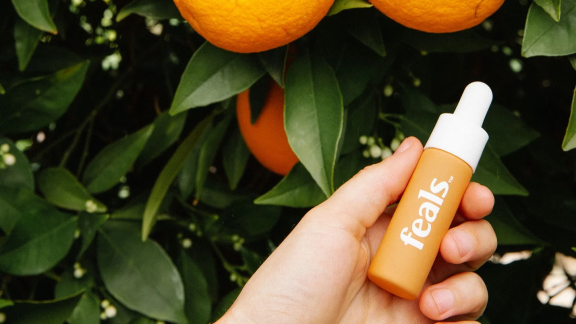The mechanism of stress is actually a biological advantage. Stress connects our body and our brain via the autonomic nervous system (which essentially regulates our internal organs and bodily functions), our hormones, and immune system. The stress response helps us to allocate resources to fight a common enemy (you’ve all heard the “flight-or-fight” analogy, so I’ll spare you) and allows us to adapt to changes in our environment. For example, when you’re sleeping your heart rate and blood pressure are low, but when you exercise they both increase—this is allostasis, the processes in which your body reacts to change to regain normal activity.
Repeated exposure to stress increases our allostatic load, or wear and tear on the body, which over time can weaken our immune system, cause hormonal imbalances, digestive issues, impair cognitive function and leave our body susceptible to disease and injury.
It would be difficult, if not impossible, to avoid stress altogether, but if we’re able to alter our perception of it and limit the physiological response, we’re better off. This is the idea behind stress management—not necessarily to limit the triggers, but rather to increase our threshold, or the point in which stress becomes destructive to our physical and mental wellbeing. Here are some actionable ways to increase your ability to handle stress.
1. Meditation
Developing your own meditation practice serves as a quick-fix when you’re feeling stressed by helping to reverse your body’s reaction to stress and promote a sense of calm. Your immune function improves. Your adrenal glands produce less cortisol (a hormone closely linked with stress) and you’re using oxygen more efficiently.
2. Try a natural remedy, like CBD
While CBD does not make you feel "high," research shows that it does elicit a calming effect on the central nervous system and can reduce activity of our primary stress hormone, cortisol. A trusted CBD oil, like Feals has also been shown to help manage anxiety and the body’s stress response by helping to normalize the activity across numerous regions of the brain, including the amygdala and hypothalamus, which are most often associated with anxiety and stress. The benefits of CBD are cumulative, which means you’ll get the best results with consistent use.

3. A healthy, balanced diet
While it’s tempting to reach for sweets, processed food, or alcohol when stressed, choosing healthier alternatives is much more effective. In particular, fruits and vegetables high in vitamin C, magnesium-rich foods like leafy greens, legumes, and dark chocolate (yes!), and omega 3 fatty acids found in fatty fish, nuts, and seeds all are shown to reduces surges in stress hormones.
4. Getting enough rest
Inadequate sleep, which is defined by length, quality, and regularity, plagues upwards of 70 million Americans, and it doesn’t just make us tired in the morning. Anxiety is an external factor that can lead to insomnia and sleeplessness. As some research and anecdotal evidence suggests, CBD can help manage the negative impact that anxiety has on sleep.
What’s more, poor sleep can trigger a cascade of physical and emotional consequences, including increased stress, memory, and cognitive impairment, elevated hunger levels and sugar cravings, and a weakened immune system. When it comes to getting a good night’s rest, we suggest a few simple things: eating at the same time every day to keep your body’s circadian rhythm in sync, establishing a nighttime routine (this includes limiting late-night screen time), and keeping your sleeping quarters at 68 degrees.
5. Regular exercise
Physical fitness and regular exercise are protective against the negative emotions associated with the stress response. This means you are more resilient to the effects of acute stress, which results in less wear and tear (remember that allostatic load?) over time. Research consistently shows that physical activity increases your body’s production of endorphins, which in turn, gives you feel-good vibes and a welcome burst of energy.

Mia is a Los Angeles based nutritionist, author of The Well Journal, and founder of RASA, a holistic wellness practice. Through her work, she aims to help people understand their bodies, demystify wellness trends and learn to love nutrient-dense foods, so they can improve their health, and never need to diet, count calories or stress about their food choices again.
